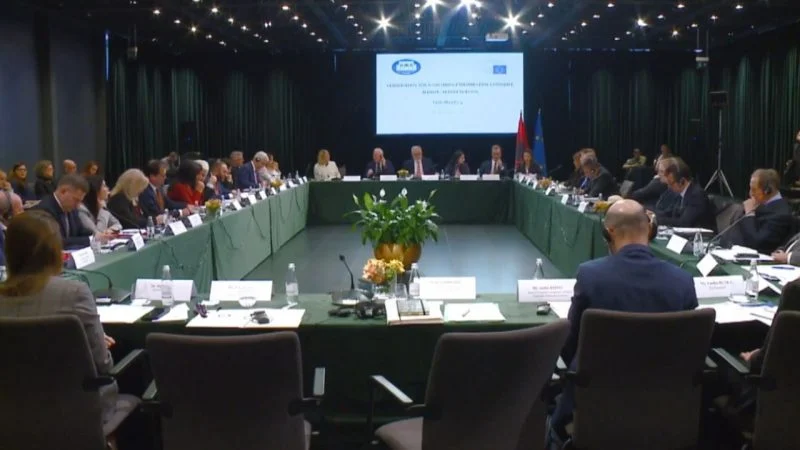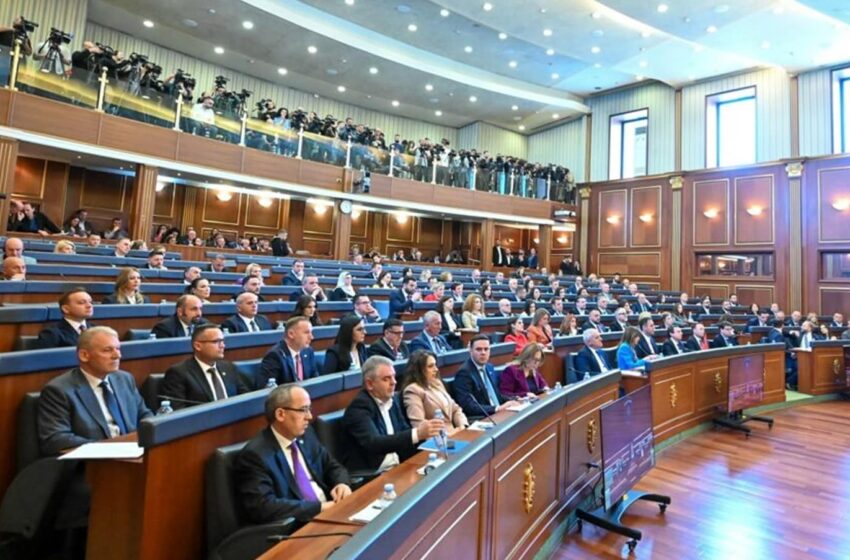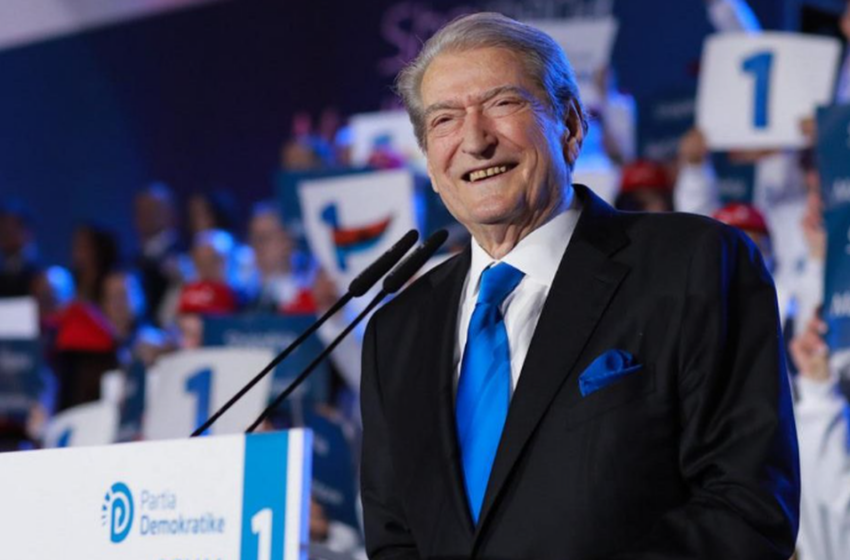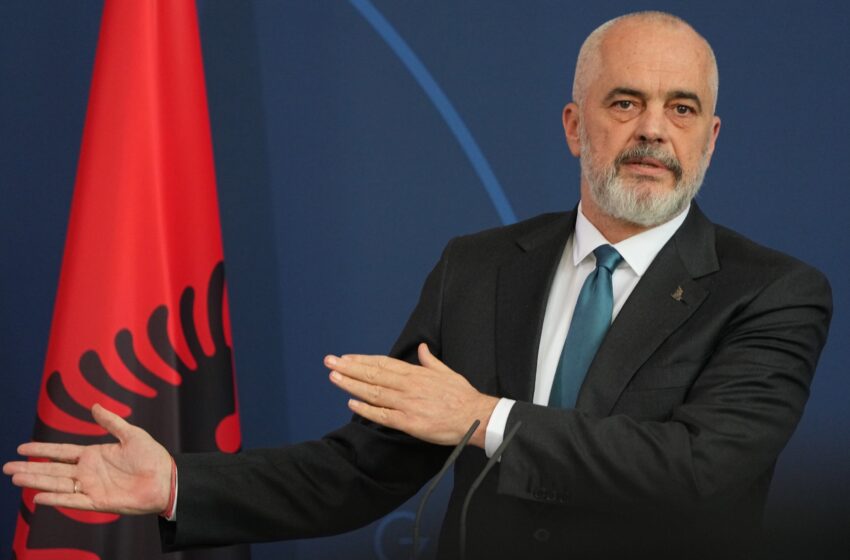EU-Albania SAA Committee meeting held amid opposition protest

The 18th meeting of the EU-Albania Stabilization-Association Parliamentary Committee took place in Tirana, marking the opposition’s return to parliament after a month of strained relations with the ruling majority. This session aimed to address Albania’s progress toward EU integration, but it also sparked controversy with the attendance of Greek MEP Fredi Beleri, a convicted vote-buyer who was imprisoned for two years in Albania.
Why is this important: This meeting is important for two reasons. First, it signaled the opposition’s re-engagement with parliamentary activities after weeks of boycotts. Second, it exposed tensions within the political landscape, particularly with Beleri’s presence. Given Albania’s decriminalization law, which bars convicted individuals from holding or running for public office, Beleri’s participation raised questions about consistency in applying governance standards. His involvement also reignited diplomatic tensions between Albania and Greece.
What happened: Before the committee’s main session, the EU delegation met with Albania’s EU ambassador and parliamentary leaders to discuss core topics.
- Rule of law, crime, and anti-corruption efforts
- Media freedom and election standards
- Economic development, tourism, and regional cooperation
Socialist leader Niko Peleshi underscored the significance of opening EU accession chapters, highlighting it as a milestone for Albania’s EU integration process. He described the progress as both a national and regional achievement, emphasizing that every step forward strengthens Albania’s ties with Europe.
The opposition, however, used the platform to express concerns about the political isolation of their leaders, Sali Berisha and Ilir Meta, both under investigation for corruption. Opposition representatives criticized the government for blocking investigative commissions and warned that the isolation of their leaders could impact political participation ahead of the elections.
Controversies surrounding the presence of EMP Fredi Beleri: Beleri’s attendance overshadowed the meeting, triggering public protests. Beleri, who won the Himara mayoral race but was barred from taking office due to his conviction, is seen as a divisive figure. Demonstrators accused him of involvement in the 1994 Peshkëpi massacre, where two Albanian soldiers were killed by an extremist Greek nationalist group of which he was a member. As Beleri traveled to parliament, protesters greeted him with placards and slogans, later throwing yogurt and eggs at him as he left the meeting.
The opposition described these attacks as politically motivated, while the protests highlighted public anger over his involvement. Adding to the controversy, a planned meeting between the EU delegation and Prime Minister Edi Rama was canceled without official explanation. Speculation arose that Rama wanted to avoid any public engagement with Beleri.
Context: This meeting comes at a crucial time for Albania’s EU aspirations. The parliamentary discussions focused on Albania’s efforts to align with EU standards, particularly in governance, media freedom, and crime prevention. The opposition emphasized its role in supporting Albania’s EU negotiations while pressing the government to ensure transparency.


